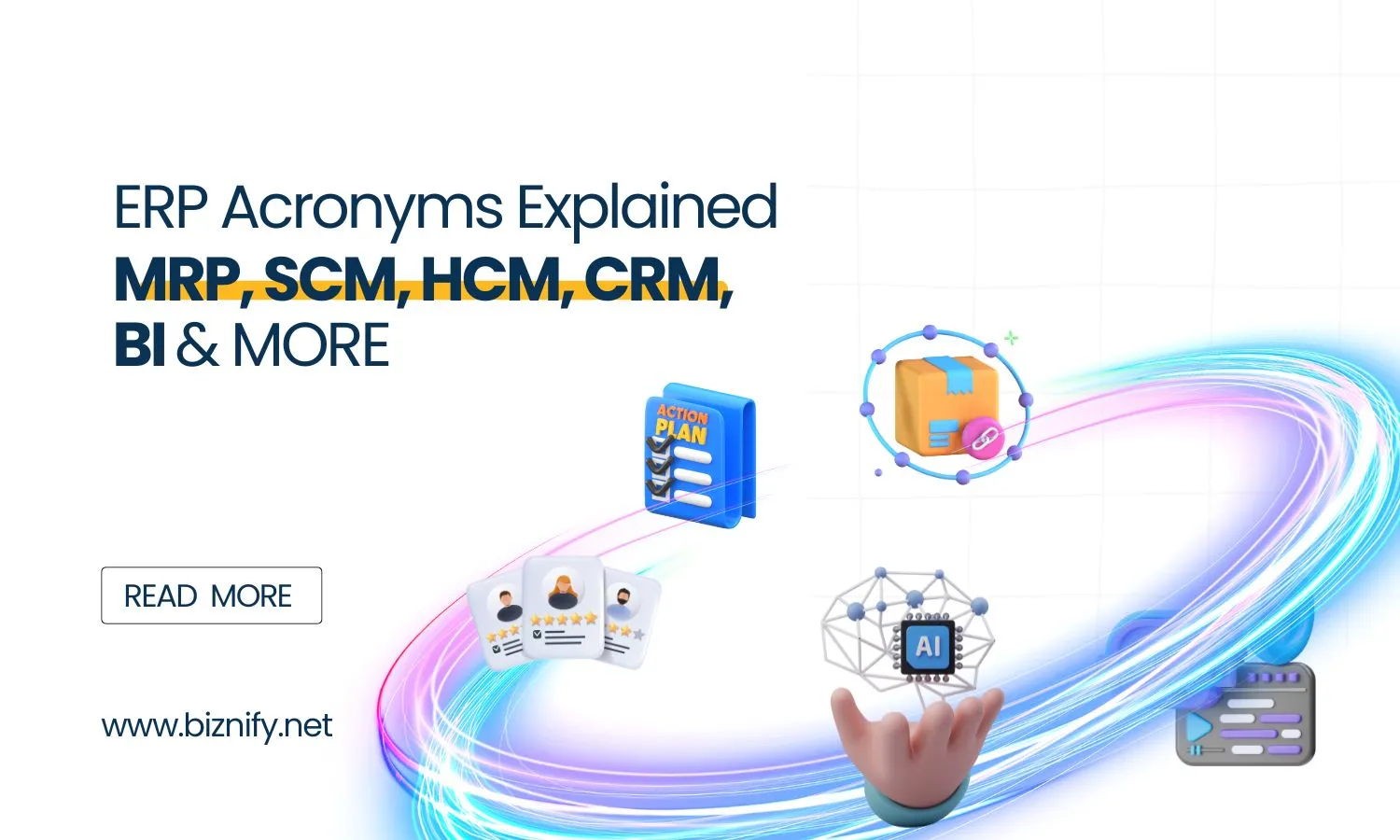
Enterprise Resource Planning (ERP) systems play a critical role in how modern businesses manage their day-to-day operations. From inventory to human resources and customer relations, ERP systems help organizations streamline processes and make informed decisions. But understanding the key acronyms in ERP systems can sometimes be overwhelming.
In this article, we’ll break down the most common ERP acronyms MRP, SCM, HCM, CRM, and BI and explain their significance. We’ll also show how understanding these acronyms can help businesses operate more efficiently and grow.
ERP acronyms are shorthand terms used in Enterprise Resource Planning systems to represent different business functions and processes. These acronyms, such as MRP (Material Requirements Planning), SCM (Supply Chain Management), and CRM (Customer Relationship Management), simplify communication by using short codes instead of long descriptions.
Understanding these acronyms is essential because they are the foundation of ERP systems. They help teams across an organization quickly identify and manage different areas of business, such as inventory, procurement, sales, and more. Having a solid grasp of these terms can improve internal communication, decision-making, and overall efficiency in a company.
To help you better understand ERP systems, here are some of the most common acronyms you’ll encounter:
MRP refers to a system that helps businesses manage inventory and production schedules. It calculates the materials needed to meet production goals and ensures that materials are ordered in time.
SCM focuses on managing the flow of goods and services. It ensures that products are delivered to customers on time by overseeing the entire supply chain, from sourcing materials to the final delivery.
CRM is a strategy used by businesses to manage interactions with current and potential customers. It helps improve customer service and strengthen relationships, ultimately leading to increased sales and customer loyalty. When integrating CRM with ERP, it’s essential to understand the differences between ERP and CRM to ensure the right solution for business needs.
HCM covers the management of a company’s workforce. This includes everything from recruiting and hiring to performance management and employee development.
BI refers to the technologies and strategies used by organizations to analyze business data. BI helps businesses make informed decisions by providing insights into market trends, customer behavior, and operational efficiency. ERP systems that integrate business intelligence can unlock powerful data-driven decisions that enhance business growth.
Knowing and understanding ERP acronyms directly affects the way a company makes decisions. Each acronym represents a specific area of business that contributes to overall performance. By understanding how MRP, SCM, CRM, HCM, and BI interact, business leaders can make more informed choices that benefit the entire organization.
For example, understanding MRP helps businesses plan production schedules more efficiently, which reduces delays and excess inventory. Similarly, using BI tools allows decision-makers to analyze customer behavior and make data-backed decisions that drive business growth.
By becoming familiar with these acronyms and their associated functions, businesses can improve their operational efficiency and gain a competitive edge.
For businesses to grow and maintain a competitive edge, understanding ERP acronyms is crucial. These terms represent the different components that come together to form an efficient business system.
When teams are familiar with these acronyms, it leads to smoother collaboration across departments. For instance, the HR team can align their work with the finance department’s needs by understanding HCM, while the supply chain team can coordinate more effectively with the sales team by using SCM and CRM.
The bottom line is that understanding ERP acronyms makes it easier for different departments to work together and reach company goals. For insights into successful ERP adoption, our guide on ERP implementation can help businesses ensure smooth integration.
At Biznify, we understand how challenging it can be to navigate ERP systems and their acronyms. That’s why we’ve designed our platform to help businesses manage their ERP systems with ease. Biznify simplifies the process by providing an intuitive interface and clear explanations of complex ERP terms. Whether you’re dealing with MRP, SCM, or CRM, Biznify makes it easier for your team to understand and use ERP systems effectively.
If you’re looking for an ERP solution in BD and improve operational efficiency, Biznify can help you get the most out of your ERP system.
ERP acronyms may seem complex at first, but they are essential to running a successful business. By understanding terms like MRP, SCM, CRM, HCM, and BI, Bangladeshi entrepreneurs can make better decisions, improve efficiency, and ultimately, grow.
To learn more about ERP systems and how they can transform your business, explore our in-depth guide on ERP acronyms and their applications.
Get a guided product demo tailored to your business needs. No assumptions. No generic walkthroughs. Just real use cases.

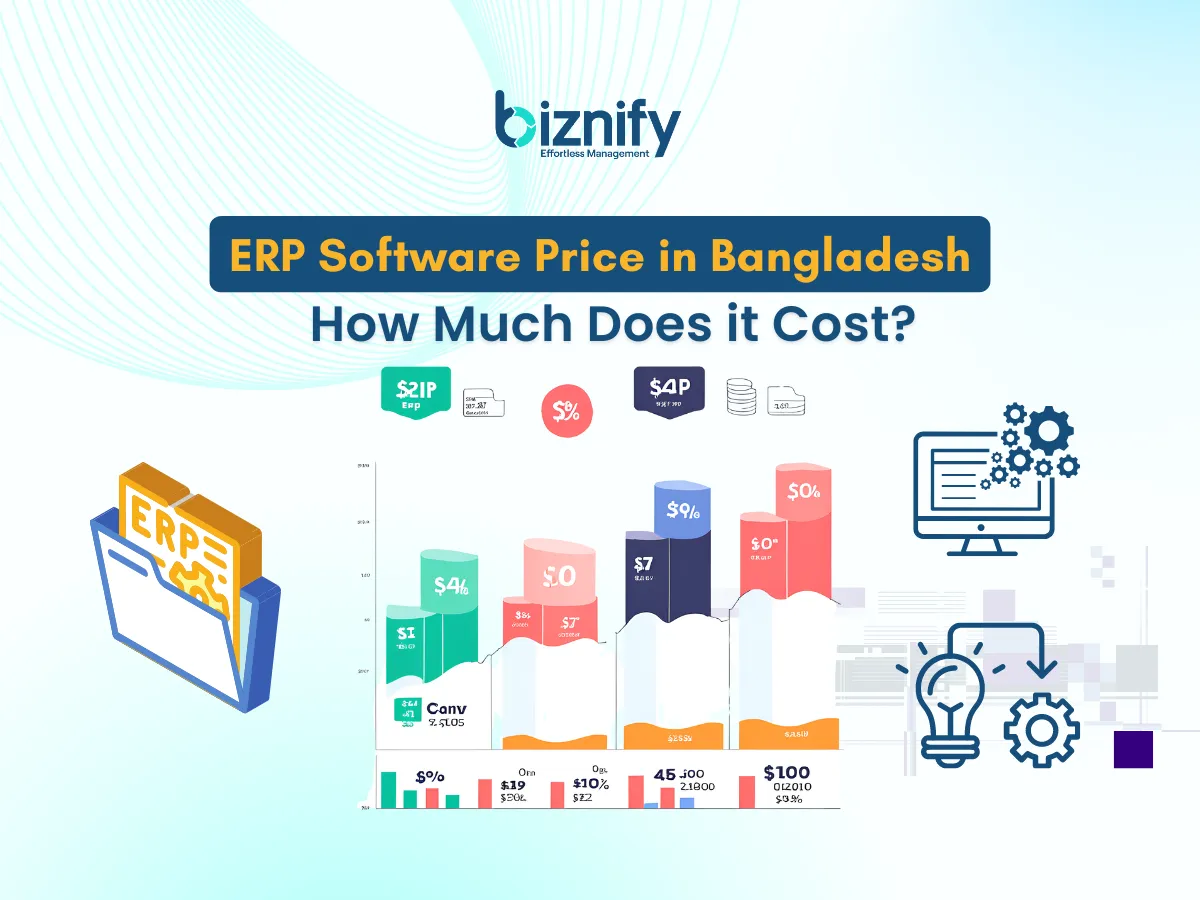
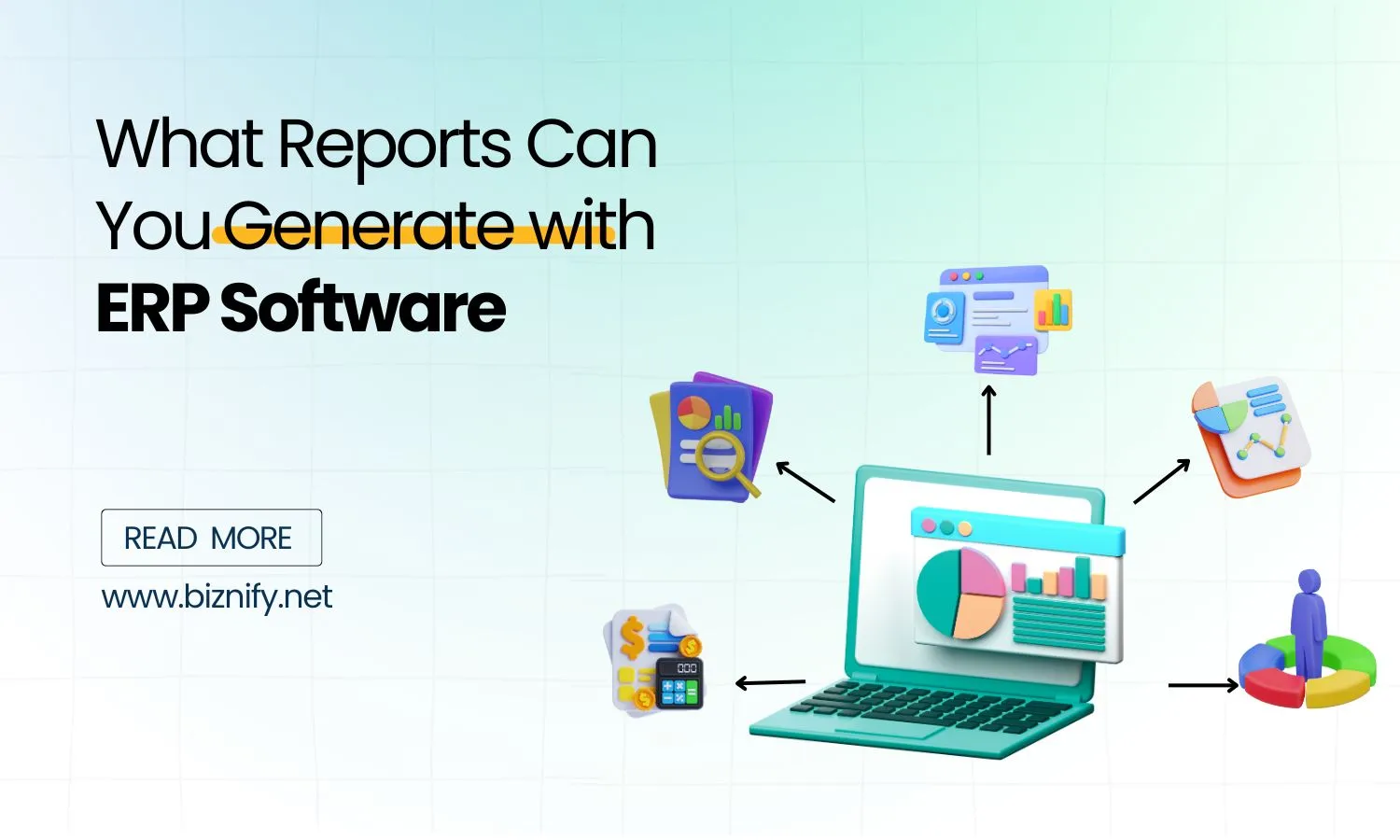
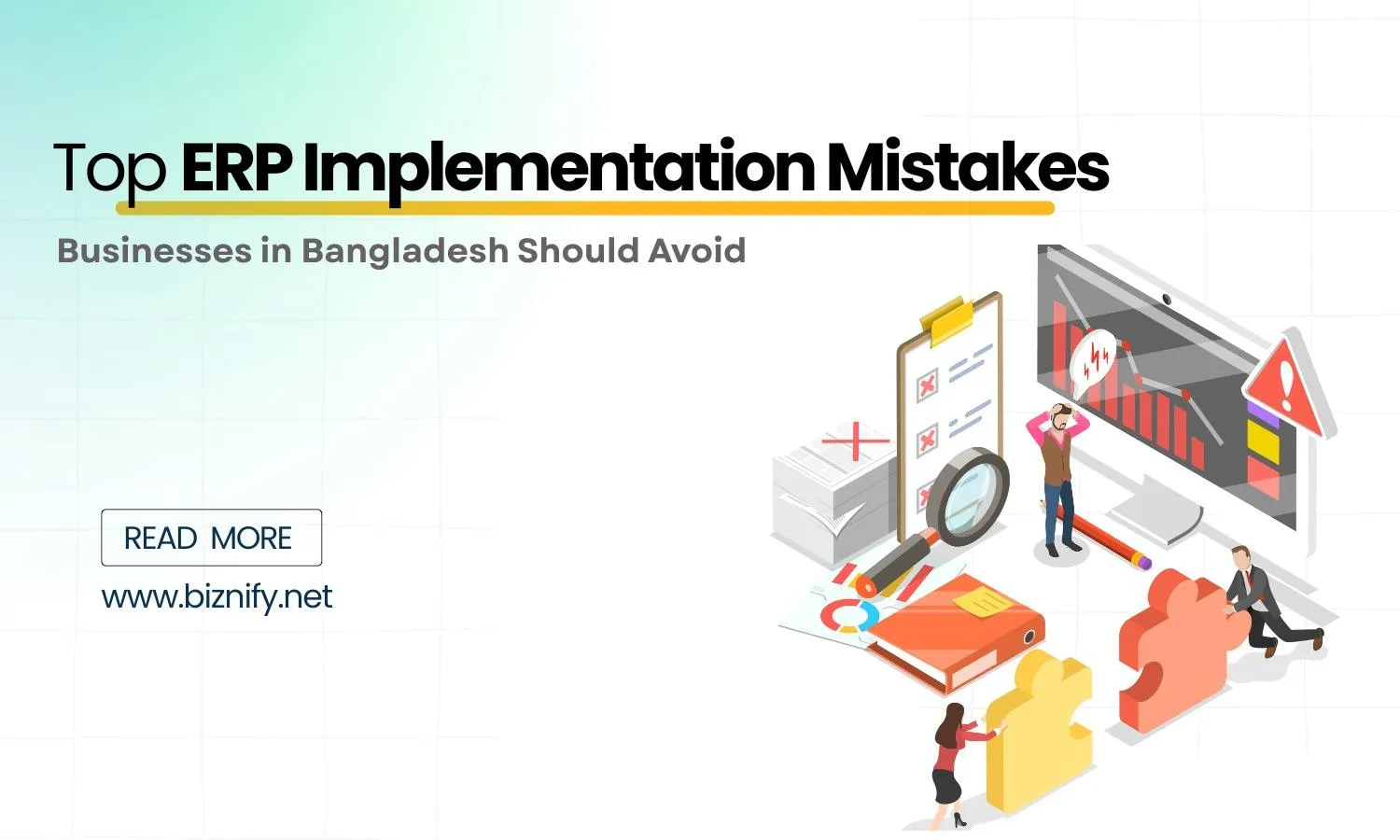
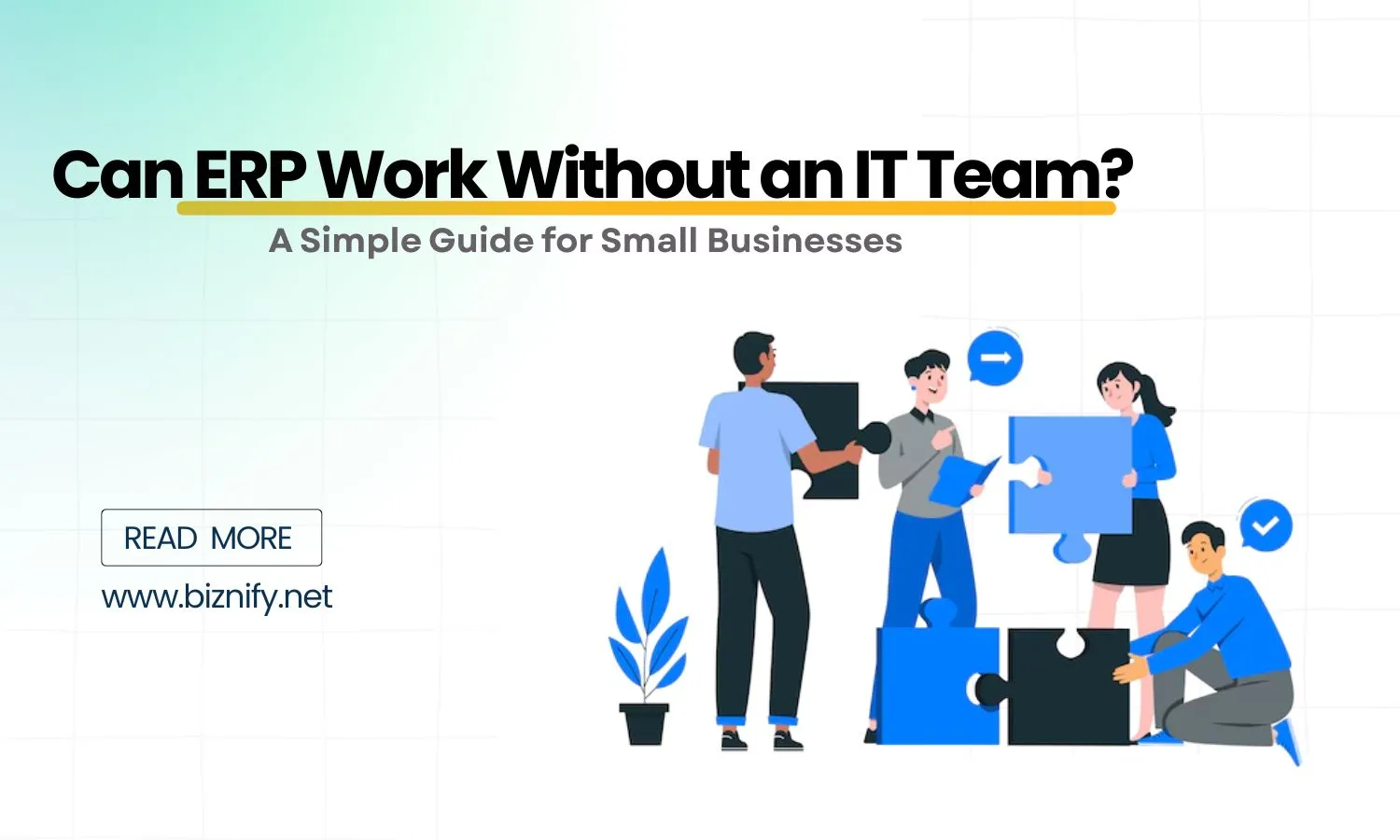
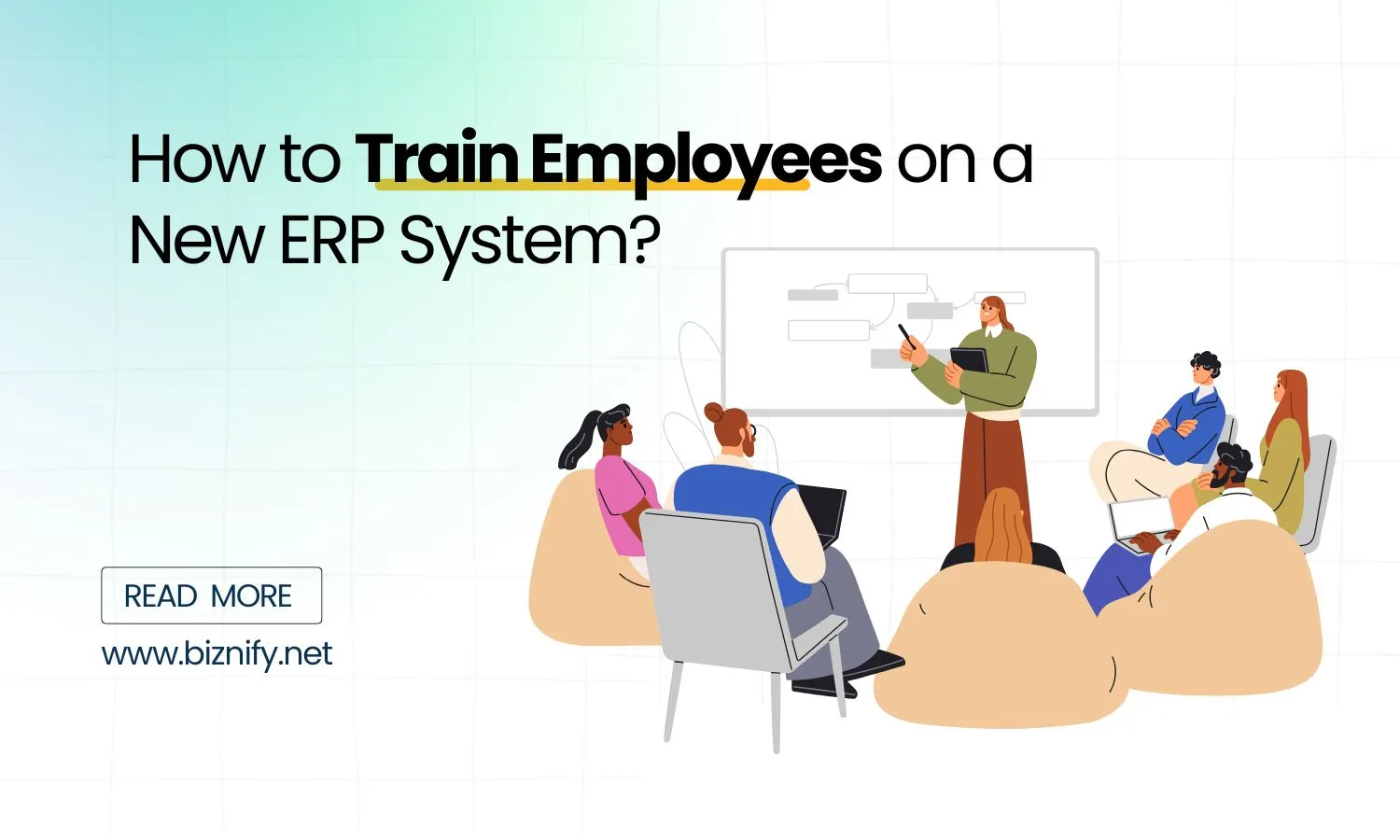
Just exploring ERP or unsure which modules you need? The Biznify team’s here with straight answers.